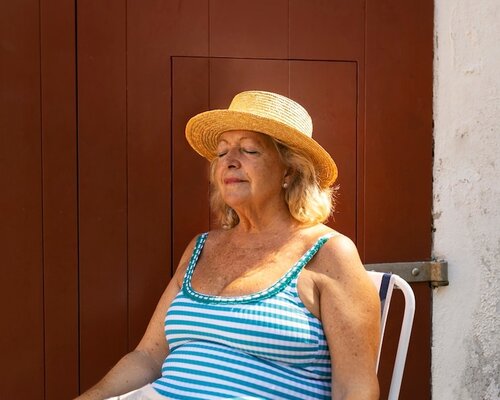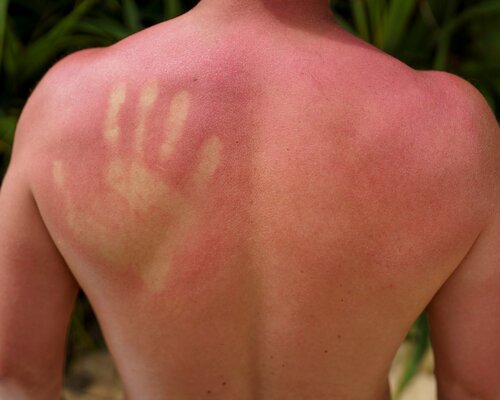Heat-related Risks
Overheating and Health Problems: Overheating can occur at higher temperatures, leading to symptoms such as irritability, thirst, exhaustion, dizziness and muscle spasms. With salt deficiency, muscle cramps, severe fatigue, headaches, dizziness, nausea and vomiting may also occur.
Specific Risk Groups: The elderly, people with heart disease, lung disease or who take certain medications are at increased risk. They are more sensitive to the heat and should take extra precautions to avoid overheating.
Heat strokes: Extreme heat can cause heat strokes, where body temperature can rise to dangerous levels, sometimes as high as 45 degrees Fahrenheit. This can cause unconsciousness and is especially common during prolonged heat waves.
Practical Tips for Protection
Environmental Adjustments:
- Keep the home cool by keeping blinds and curtains closed from sunrise to sunset.
- Preferably use exterior blinds for more effective heat control.
- Once the sun is gone, ventilate the home by opening windows and doors, but watch for insects and avoid additional heat sources such as lamps and computers.
Personal Measures:
- Use fans to help sweat evaporate faster and keep the body cooler.
- Wear airy clothing made of natural materials such as cotton or linen.
- Drink plenty of water, at least 2 liters a day, and increase intake if you have difficulty urinating or dark urine.
- Consider broth, soup, milk or ice cream to maintain salt levels.
Instant Cooling:
- For immediate cooling when overheating: place ice cubes in a plastic bag on the abdomen until the person feels alert again.
- A lukewarm or cold foot bath can also help lower body temperature.
Activities and Hydration:
- Avoid intense physical activities that increase body heat.
- Always have a bottle of water when you are outside to prevent dehydration.
By taking these measures, the elderly and infirm can better protect themselves from the dangers of heat and enjoy a safe summer. Pay attention to the signs of overheating and take timely action to prevent health problems.





